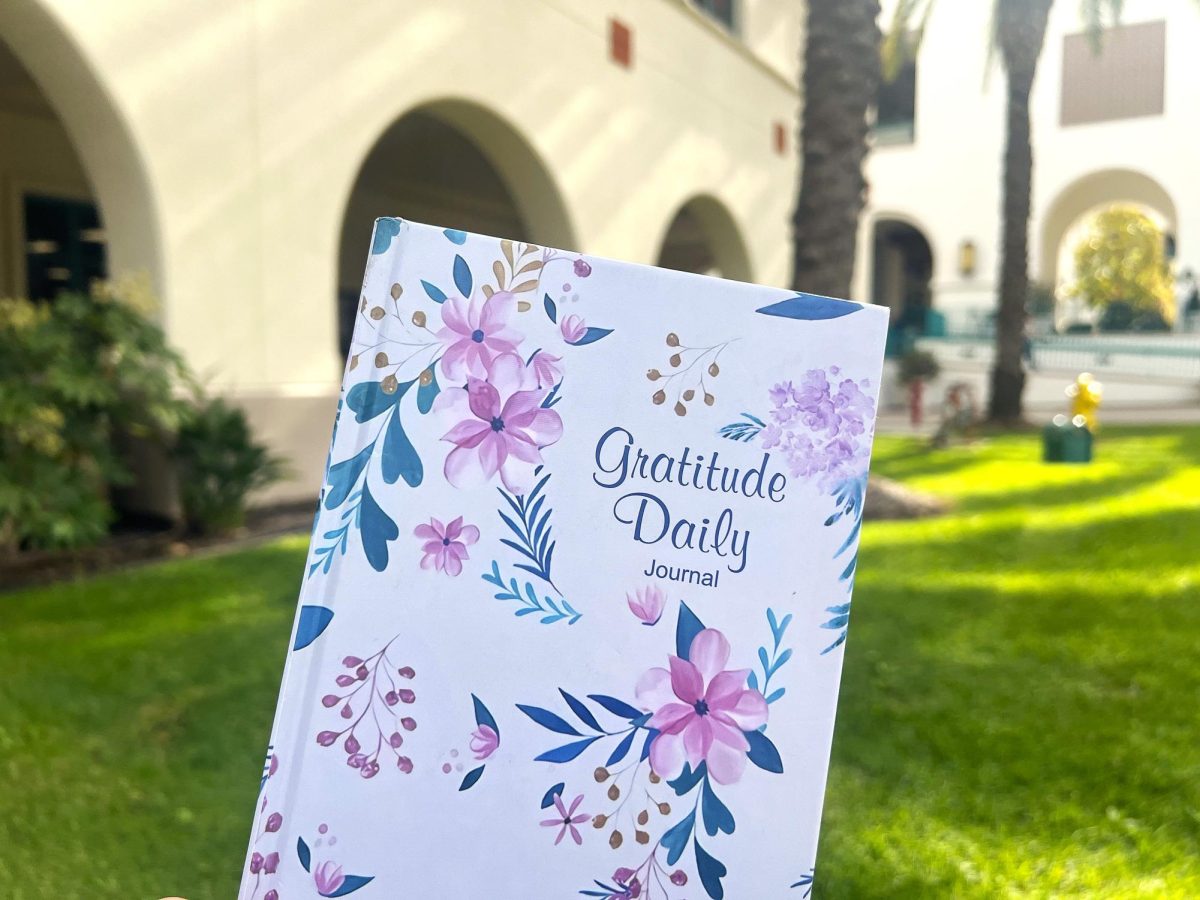Like any magazine, Time has been praised and challenged throughout the years for controversial and newsworthy topics. Most recently it has received a considerable amount of backlash from readers when its “poll of words to ban in 2015” piece came out. “Feminist” happened to be included in the list and the nation went into a frenzy. TIME has since issued a public apology for the inclusion — which might I add was a poll, so it wasn’t TIME magazine’s choice to include the word.
Although TIME magazine undeniably mocked the word, which didn’t do the publication any justice, to some extent, the foundation of what the magazine was trying to say is understandable. It’s not about discrediting feminism by stripping it of its identity, but rather about removing the word as pop-culture jargon. Feminist is a provocative term now used all too colloquially. If somebody wants that label, he or she must have the means to fight for women’s rights.
Like TIME said, it’s not about what the word represents, it’s about how the word is used today. More often than not, celebrities all of a sudden label themselves as feminists — which on the surface seems like a great idea, but labeling oneself as a feminist doesn’t mean it pushes the movement forward.
Beyonce’s famous performance with the word “feminist” gleaming behind her was one of the defining moments in her career. Taylor Swift is apparently a born-again feminist, parading the term around like a whole new outfit. Even the beloved Emma Watson has given eloquent speeches about feminism.
The growing number of supporters doesn’t mean it needs to become some sort of fashion statement for the world to see.
Don’t add the word “ feminist” to one’s list of characteristics because it’s the latest trend and think it’s going to move equality along any faster. Anybody can say he or she is a feminist, but to actually submerge oneself into the ideology is a completely different ballgame.
Pioneers, such as Elizabeth Cady Stanton, penned the Declaration of Sentiments and demanded women’s rights. The women’s liberation movement entailed radical demonstrations and protests. Riot Grrls of the 1990s shifted gender scales in the music industry and challenged the male-dominated punk rock scene.
All of these past events banked off of one thing: sending feminism into uncharted waters and trailblazing the way for future individuals.
It was about action, not labels. It was about walking the walk and saving the talk for other means. There was no need to say “I am a feminist” when actions justified it just fine. Today, the actual word gets thrown about as a symbol of girl power. But it isn’t utilized in the way necessary to give that power backbone.
Feminism has now become some sort of political statement and has lost its actual meaning.
To be a feminist entails much more than just supporting women’s rights. There has to be action and intellect that fuels the equality movements into a greater ideology.
Being a feminist isn’t a political party or sexual preference that needs to be explicitly stated at every moment one can get. It’s an ongoing movement that is still being experienced to this day. Don’t water down such a powerful term, but use it when necessary. I believe in the raw definition of being a feminist, but it’s not a term one needs to wave around to prove his or her pro-women’s-rights mentality.
In defense of TIME magazine’s inclusion of such a powerful word, no one needs to wear a feminist label to understand that any gender (whether specified or not) deserves to be treated with respect and equality.






